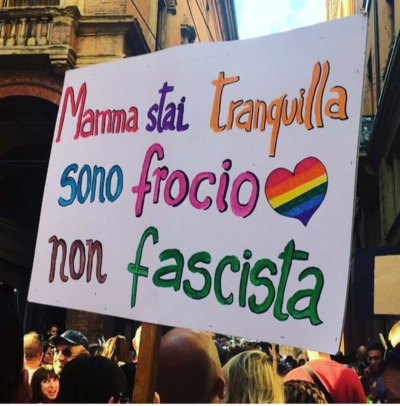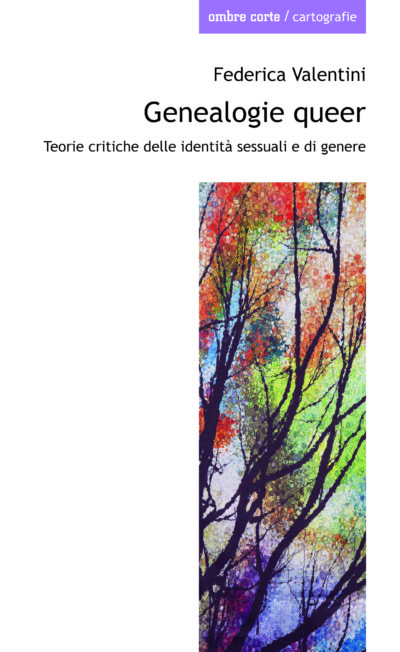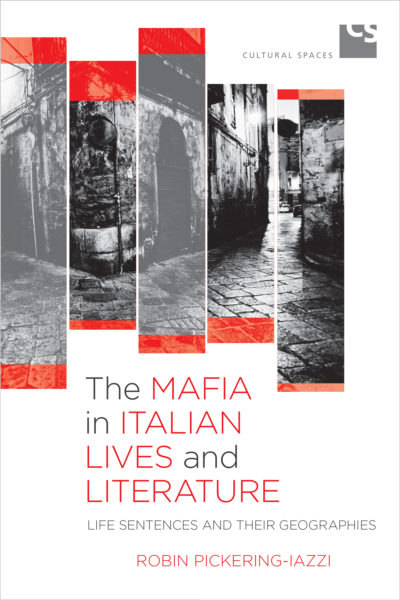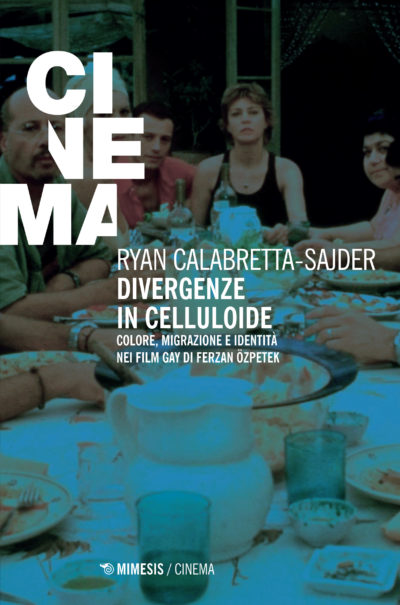14. Anorexic symptoms in Clara Sereni’s Casalinghitudine
Structured like a cookbook, the autobiographical novel Casalinghitudine (1987) by Clara Sereni uses food preparation, consumption, and preservation as a narrative mechanism to reflect on the protagonist’s journey towards self-awareness and gender and ethnic identity formation. The highly subjective nature of this text is immediately obvious in several ways, such as the assertive tone of the recipes through the predominance of the agent ‘I’ and the overall organization of the book that unusually starts with a section on baby food.










